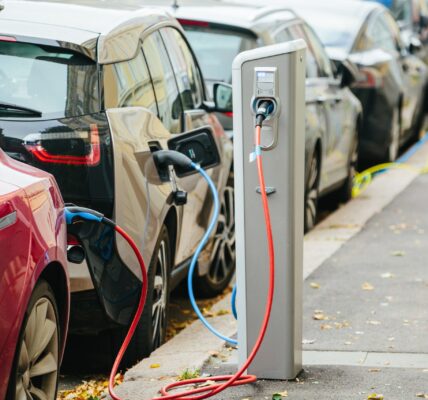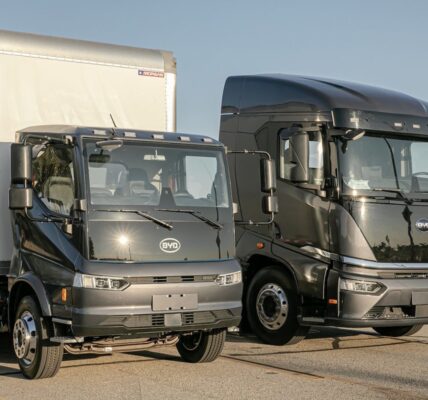Europe is leading the charge in electric vehicle (EV) adoption, with a rapidly growing market share and a strong commitment to a greener future. This acceleration in the transition to electric vehicles is driven by a combination of factors, including ambitious government policies, significant investments in charging infrastructure, and a focus on innovation in the automotive industry. As a result, Europe is setting the pace for the global shift towards sustainable transportation.
One of the key drivers behind Europe’s accelerating transition to electric vehicles is the ambitious policy framework set by the European Union (EU). The EU has set a target of reducing greenhouse gas emissions by at least 40% by 2030, compared to 1990 levels. To achieve this goal, the EU has implemented a range of measures, including stringent emissions standards for new vehicles, financial incentives for EV buyers, and support for the development of charging infrastructure. These policies have played a crucial role in encouraging both consumers and manufacturers to embrace electric vehicles.
In addition to policy support, Europe’s transition to electric vehicles has been facilitated by significant investments in charging infrastructure. According to the European Alternative Fuels Observatory, there were over 225,000 public charging points in the EU and the UK at the end of 2020, with plans to expand this number to 1 million by 2025. This extensive charging network is essential for alleviating range anxiety – a common concern among potential EV buyers – and ensuring that electric vehicles are a practical and convenient option for European drivers.
The European automotive industry has also played a pivotal role in driving the adoption of electric vehicles. European automakers have been at the forefront of EV innovation, with companies such as Volkswagen, Renault, and BMW investing heavily in the development of new electric models. This commitment to innovation has resulted in a diverse range of electric vehicles on the market, catering to various consumer needs and preferences. For example, the Renault Zoe has become a popular choice for urban drivers, while the Audi e-Tron and Jaguar I-PACE have attracted buyers looking for luxury electric SUVs.
Furthermore, Europe’s push for electric vehicles has been supported by a growing consumer awareness of the environmental benefits of EVs. Many European consumers are increasingly concerned about the impact of their transportation choices on the environment and are seeking more sustainable options. This shift in consumer attitudes has been reinforced by high-profile public awareness campaigns, such as the European Mobility Week, which promotes sustainable urban mobility and encourages citizens to explore alternative transportation options.
The results of these combined efforts are evident in the rapid growth of Europe’s electric vehicle market. In 2020, electric vehicle sales in Europe more than doubled, with EVs accounting for 10.5% of all new car registrations. This growth has continued into 2021, with electric vehicles making up 15% of new car sales in the first quarter of the year. These figures demonstrate the strong momentum behind Europe’s transition to electric vehicles and the potential for further growth in the coming years.
In conclusion, Europe’s accelerating transition to electric vehicles is driven by a combination of ambitious government policies, significant investments in charging infrastructure, and a focus on innovation in the automotive industry. These factors, combined with a growing consumer awareness of the environmental benefits of EVs, have positioned Europe as a global leader in the shift towards sustainable transportation. As the world continues to grapple with the challenges of climate change and air pollution, Europe’s success in driving the adoption of electric vehicles serves as a valuable example for other regions to follow.








